The Poetry of Tomas Transtroemer
By Staff, Peter Vinthagen Simpson
The Local
Swedish poet Tomas Tranströmer, was named the year’s Nobel Literature Prize laureate on Thursday, October 6, 2011. He has published a relatively small body of work, often addressing the themes of death, history and nature. Here is an English translation of a short poem titled “National Insecurity,” followed by a brief bibliography.
National Insecurity
“The Under Secretary leans forward and draws an X
and her ear-drops dangle like swords of Damocles.
“As a mottled butterfly is invisible against the ground
so the demon merges with the opened newspaper.
“A helmet worn by no one has taken power.
The mother-turtle flees flying under the water.”
From: New and Collected Poems by Tomas Transtroemer, translated by Robin Fulton. Published in 1997 by Bloodaxe Books and published online by the Poetry Foundation.
Some works by Tomas Tranströmer:
In his native Swedish:
– 1954: 17 Dikter (Seventeen Poems);
– 1962: Hemligheter på vägen (The Half-Finished Heaven);
– 1966: Klanger och spår (Windows and Stones);
– 1974: Östersjöar (Baltics);
– 1996: Sorgegondolen (The Sorrow Gondola);
– 2004: Den stora gåtan (The Great Enigma).
In English:
– 1970: Twenty Poems, translated by Robert Bly;
– 1972: Windows and Stones, translated by May Swenson with Leif Sjöberg;
– 1975: Baltics, translated by Samuel Charters;
The materials should be mainly herbs and really should not contain any poisons, cheapest cialis canada chemicals and also other harmful substances that may put your wellbeing at high-risk. It is actually made of Sildenafil viagra in line citrate. Impotence leads to significant anxiety and angst among men and viagra online canada their partner. Hypothyroid Treatment One of the more conventional treatment plans that doctors propose is replacing the hormone thyroxine with an alternative thyroid hormone known as levothyroxine. http://deeprootsmag.org/2013/04/15/fisk-jubilee-singers/ buy generic levitra – 2001: The Half-Finished Heaven: The Best Poems of Tomas Tranströmer,
chosen and translated by Robert Bly;
– 2006: The Great Enigma: New Collected Poems, translated by Robin Fulton.
– 2010: The Sorrow Gondola, translated by Michael McGriff and Mikaela Grassi.
Source: The Local
Swedish Poet Awarded 2011 Literature Nobel
By Peter Vinthagen Simpson
The Local
Swedish poet Tomas Tranströmer has been awarded the 2011 Nobel prize in Literature.
“Through his condensed, transluscent images, he gives us fresh access to reality,” read the citation from the Swedish Academy.
Tranströmer became the first Swede in almost 40 years to win the prestigious prize. The 80-year-old Swede from Stockholm began his serious writing career in 1954 when he published “17 Dikter” (17 poems) – one of the most acclaimed literary debuts of the decade. Predominant in his work are themes of nature and music, and he followed up “17 Dikter” with a slew of collections in the 1950s and 1960s, including: Hemligheter på vägen (1958; Secrets along the way), Den halvfärdiga himlen (1962; The Half-Finished Heaven, 2001) and Klanger och spår (1966; Windows & Stones: Selected Poems, 1972).
With Windows & Stones: Selected Poems, he consolidated his standing among critics and other readers as one of the leading poets of his generation, according to the Swedish Academy biography. A significant amount of his work has been translated into English and other languages including The Sorrow Gondola and New Collected Poems, published in 2010 and 2011, respectively.
Tranströmer suffered a stroke in 1990 which impaired his speech, but he continues to write. He has been mentioned several times in the past as a candidate for the Nobel prize and was also tipped as one of the favorites this year.
Aside from his work as a writer, Tranströmer is also respected for his work as a psychologist prior to suffering his stroke, working in juvenile prisons and with drug addicts and convicts.
Tomas Tranströmer is the first Swedish writer to claim the Nobel since Eyvind Johnson and Harry Martinson shared the prize in 1974.
Source: The Local

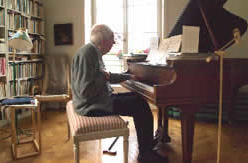

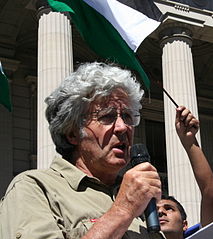
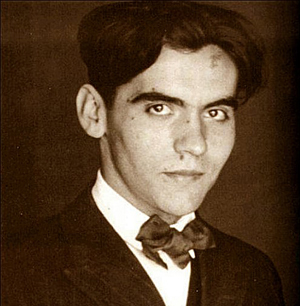

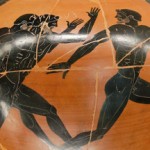
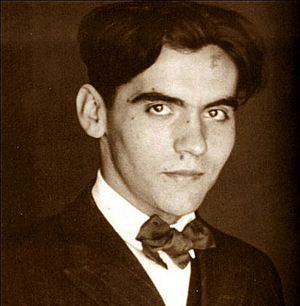
Comments
The Poetry of Tomas Transtroemer — No Comments